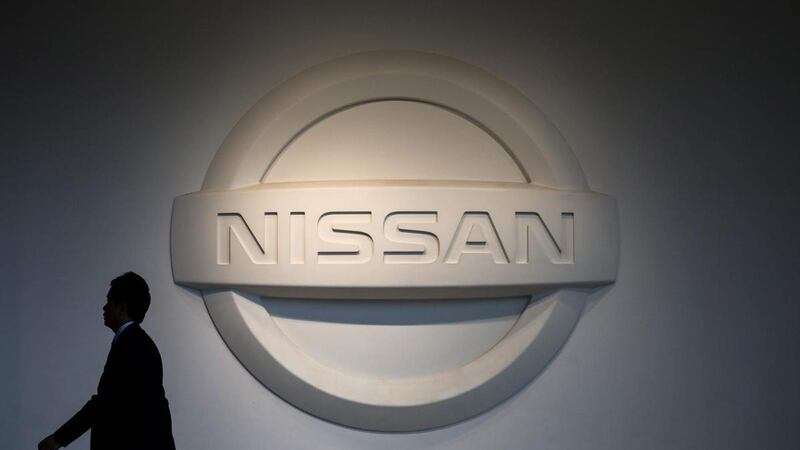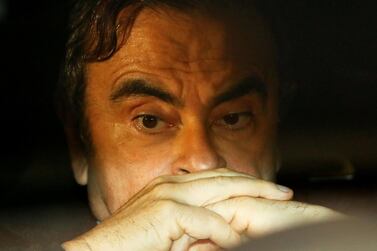The surprise arrival of Carlos Ghosn in Lebanon, with the ousted boss of Nissan and Renault facing trial in Tokyo for financial crimes, has topped off a bad year for the two car makers he used to manage.
Japan's Nissan and its French shareholder Renault were the two worst-performing car makers on the Bloomberg World Auto Manufacturers Index in 2019, falling 23 per cent and 28 per cent respectively. In contrast, Ferrari, Kia Motors, and Tesla posted some of the biggest gains for the year.
The absence of Mr Ghosn's leadership for more than a year has seen the alliance between the two car makers fall apart. Following the automotive titan's removal from the company, the discord between Nissan and Renault escalated, stalling co-operation and hurting efficiency.
It was Mr Ghosn, in his 16 years as the first non-Japanese head of the company, who had wrenched the Japanese business from the edge of collapse to the forefront of the global auto industry and successfully steered its politically-charged alliance with Renault into a fruitful relationship.
Nissan, Japan's third-largest carmaker, is now grappling with slumping car sales and tumbling profits. The company is facing a deepening sense of crisis after it was rocked by the removal of its scandal-hit boss, the departure of other top executives and strained relations with alliance partner Renault.
In November, Nissan reported a 70 per cent slide in second-quarter operating profit and cut its full-year forecast to an 11-year low.
This comes amid the challenge of coping with a downturn in the car industry that has driven Nissan’s profits to the lowest in a decade and prompted Renault to cut its financial guidance in October.
Mr Ghosn's escape also complicates the relationship between France and Japan at a time when both countries are trying to help two of their largest employers prop up their 20-year-old alliance.
The former boss — who holds Lebanese, Brazilian and French citizenship — had been under house arrest in Japan since April and was scheduled to go on trial there in a few months. He fled to Beirut on Monday evening, saying he escaped “injustice and political persecution” of the Japanese judicial system. Lebanon, where the former industry heavyweight grew up, does not have an extradition agreement with Japan.
The executive, who is accused of financial crimes such as underreporting his salary and funnelling Nissan funds for personal use, has denied any wrongdoing. The legal battle has rocked the global automotive industry, dented Nissan's profit and hurt the alliance between Nissan and Renault.
It is unclear how he managed to escape while under strict surveillance after being released on bail and while his legal team holds all of his passports.
Mr Ghosn's disappearance remains a mystery that sparked internet theories involving a music box, private jet and French passport, according to media reports.








